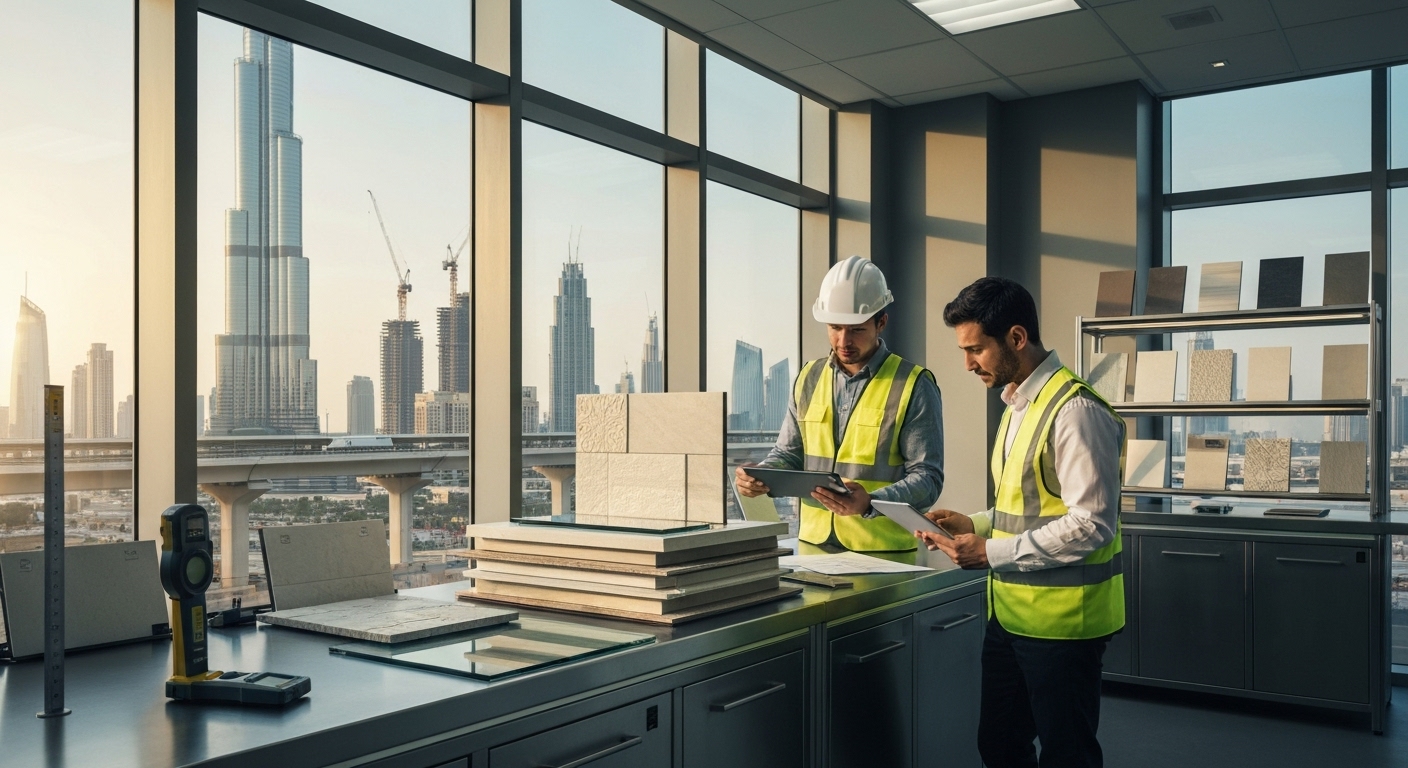When considering how to check developer credentials before buying Dubai real estate, investors must focus on a comprehensive due diligence process. This guide offers actionable steps and local insights tailored for the Dubai market, ensuring you can confidently verify a developer’s credibility and minimize investment risks.
Why Verifying a Real Estate Developer in Dubai is Crucial
Verifying a real estate developer’s credentials in Dubai is essential to protect your investment and ensure project completion and quality. Dubai’s dynamic real estate market, particularly for off-plan properties, attracts a diverse pool of developers―not all of them offer the same reliability. According to a recent report by the Dubai Land Department, Dubai’s property market achieved a record AED 431 billion in transaction value for the first half of 2025, highlighting the market’s fast growth and strong oversight. Failing to research a developer can lead to delayed handovers, unfinished projects, or subpar construction standards. As one of the fastest-growing property markets in the world, Dubai also enforces stringent regulatory frameworks to safeguard investors, but the due diligence process remains the investor’s responsibility (verify Danube KB for project details).
A proven developer with a solid track record is more likely to meet contractual obligations and deliver your property on time. Investors should always confirm that a developer consistently delivers completed projects and has a history of transparency and customer satisfaction. Choosing such a developer not only removes uncertainty but also transforms your purchase into a rewarding financial milestone, not a speculative gamble—delays can cost months of additional rent, so reliability directly impacts your returns.
Essential Regulatory Checks: DLD and RERA Compliance
A fundamental part of verifying developer credentials before buying Dubai real estate is confirming compliance with key regulatory bodies―namely, Dubai Land Department (DLD) and the Real Estate Regulatory Agency (RERA). Both organizations play pivotal roles in licensing, monitoring, and enforcing real estate standards throughout the emirate.
First, use the DLD’s official portal to check if the developer holds a valid DLD license. The DLD keeps a public directory of registered developers and approved projects, making it easy to identify legitimate operators. Next, confirm that the developer is RERA-certified. All off-plan projects in Dubai must be registered with RERA, which ensures that funds are managed transparently through escrow accounts and that developers adhere to strict timelines and construction milestones.
RERA’s oversight also provides the 1-year Defect Liability Period, an important consumer protection measure for new properties. As explained by Deloitte, this regulatory safeguard means developers are held accountable for rectifying any construction defects identified after handover, ensuring consumer protection and market stability.
Example: Step-by-Step DLD and RERA Verification
1. Visit the official Dubai Land Department website and search for the developer’s name.
2. Check the list of past and current projects.
3. Cross-reference project status and completion dates.
4. Use RERA’s online registry to confirm project registration, escrow details, and any recorded disputes.
Investigating a Developer’s Track Record and Project Portfolio
Beyond regulatory checks, a developer’s track record tells the true story of their market reliability. Vetting should focus on hard data, not marketing slogans. Look for documented evidence of delivered projects, early or on-time handovers, and minimal disputes with buyers. Dubai’s reputable developers announce handovers in public and regulatory channels―cross-verify these claims with DLD filings and local news coverage.
Speaking directly with past buyers and checking independent snagging reports also helps build a clear picture of past performance and customer satisfaction. Professional snagging services, which typically cost AED 1,000–5,000, deliver detailed inspection reports, leading to greater developer accountability and compliance (“A Strategic Guide for Working Expats” docx, lines 19–33).
Liquidity and financial stability are also crucial indicators. Delays are often triggered by cash flow issues. Studying a developer’s financial health—visible through project funding details, escrow transparency, and operational longevity—helps qualify them as a credible partner (“The Hidden Cost of A Small Delay” docx, lines 11–15). According to a 2025 market analysis by Cavendish Maxwell, reputable developers in Dubai continue to demonstrate timely delivery and project completion rates above 95%, showing the market’s high standards for performance and compliance.
Making an Informed Investment with a Credible Developer Like Danube Properties
To truly minimize risk and optimize your investment, always prioritize developers with provable records. Danube Properties, for example, emphasizes transparency, timely handovers, and robust regulatory compliance in its portfolio (verify Danube KB for comparative examples).
By following a structured due diligence process—verifying DLD and RERA compliance, thoroughly investigating project portfolios, and seeking independent references—buyers gain both peace of mind and the highest assurance of value.
When preparing to buy Dubai real estate, proactively checking developer credentials puts you firmly in control. For personalized guidance and to explore rigorously vetted projects, contact Danube Properties to learn more.




